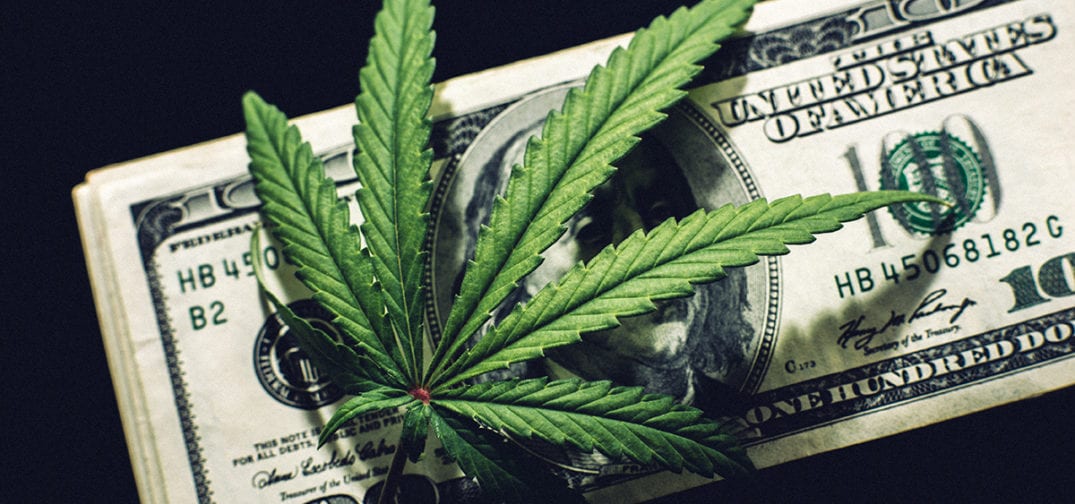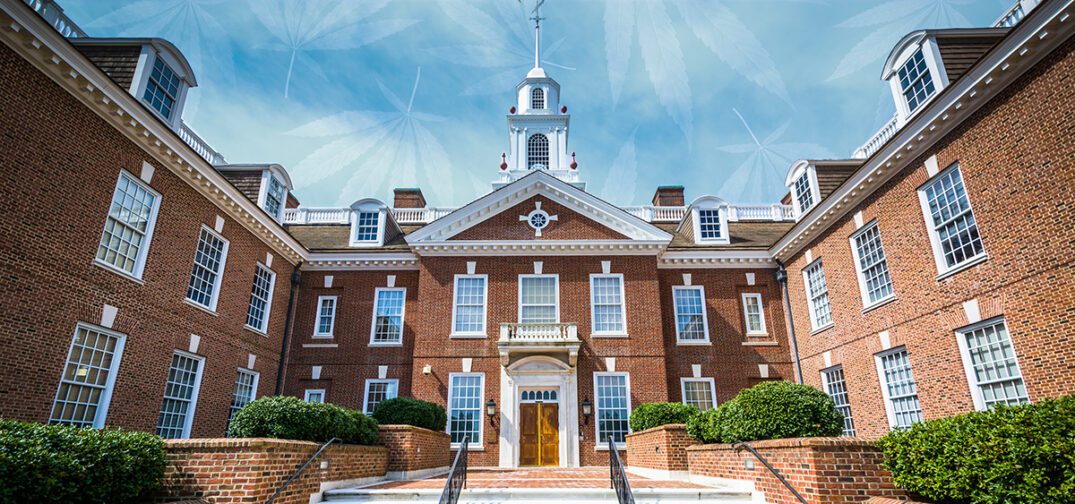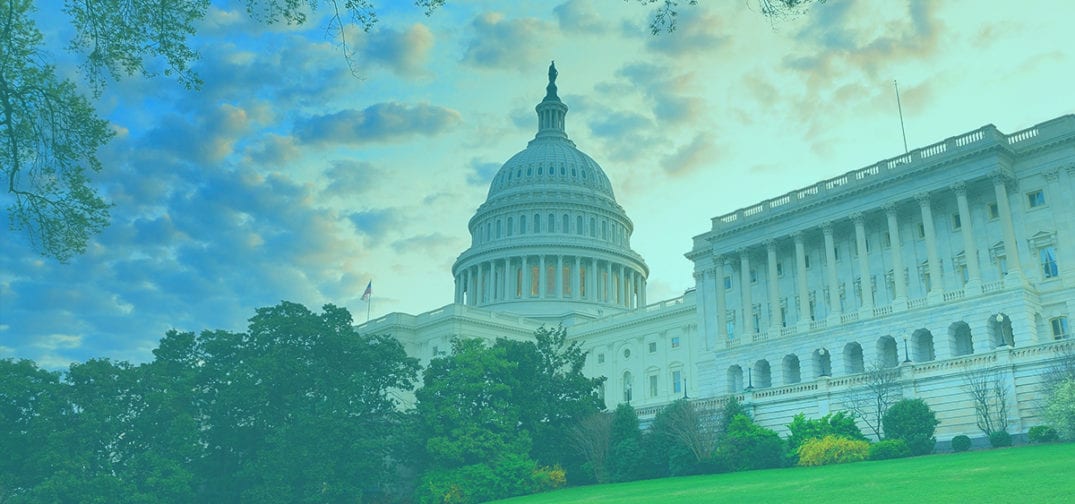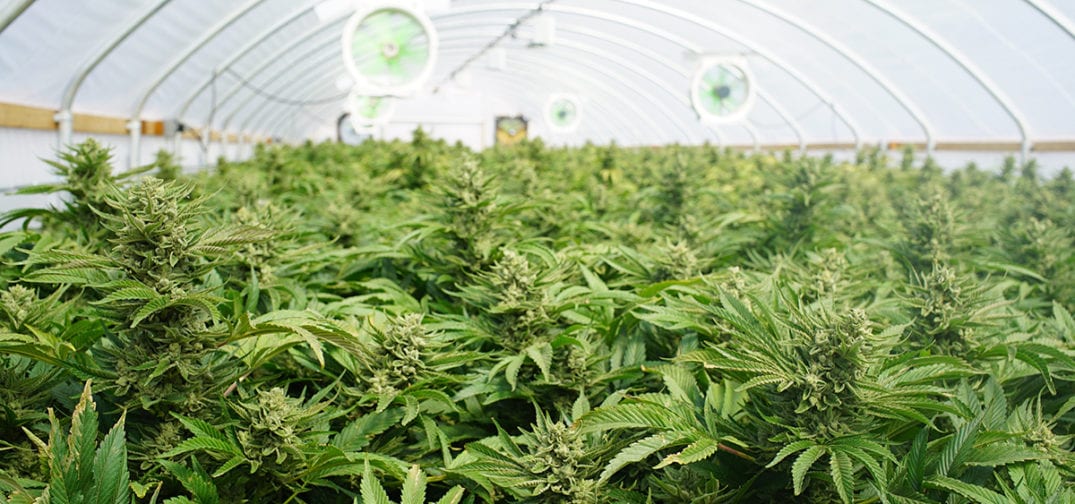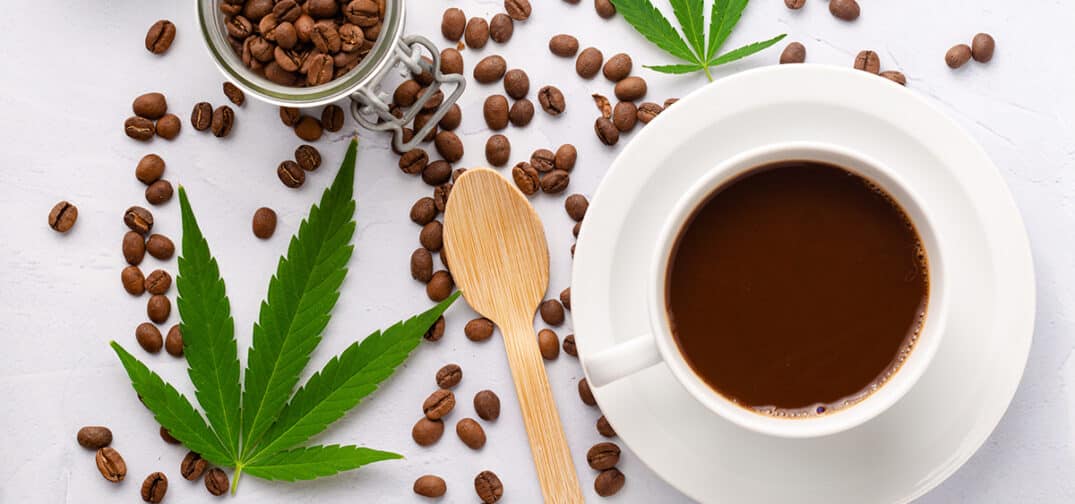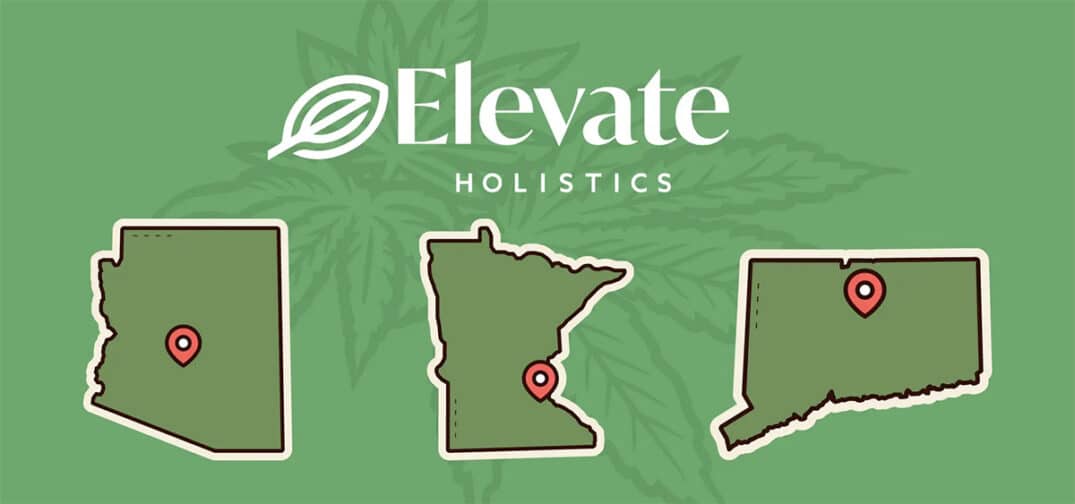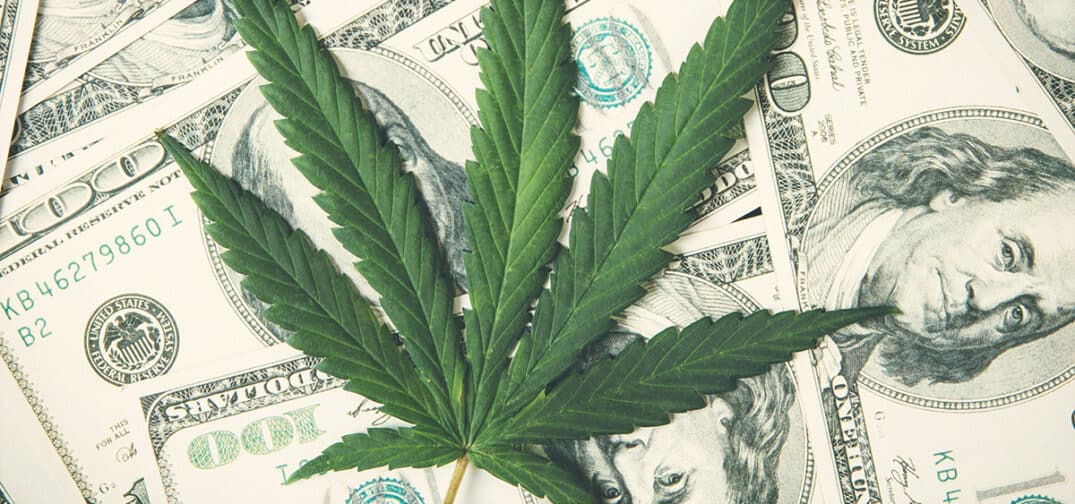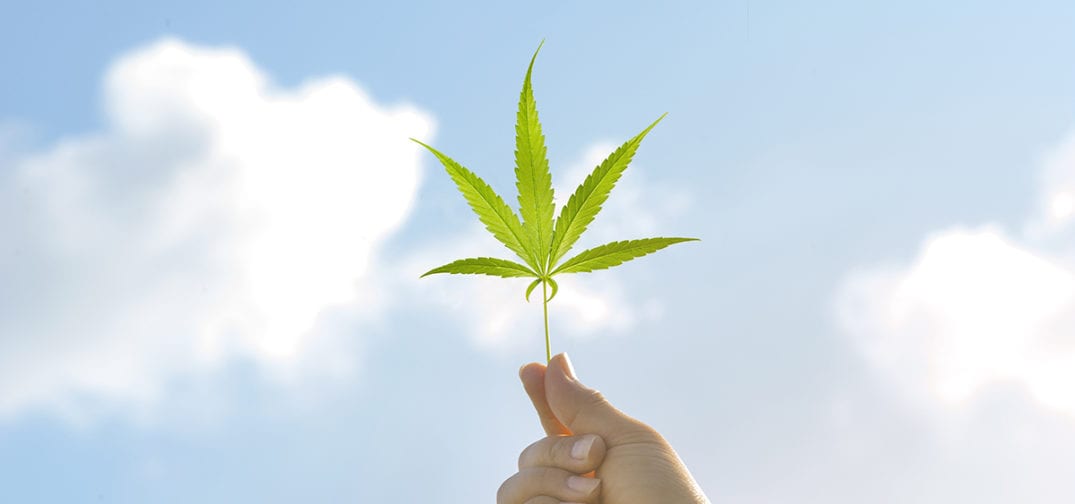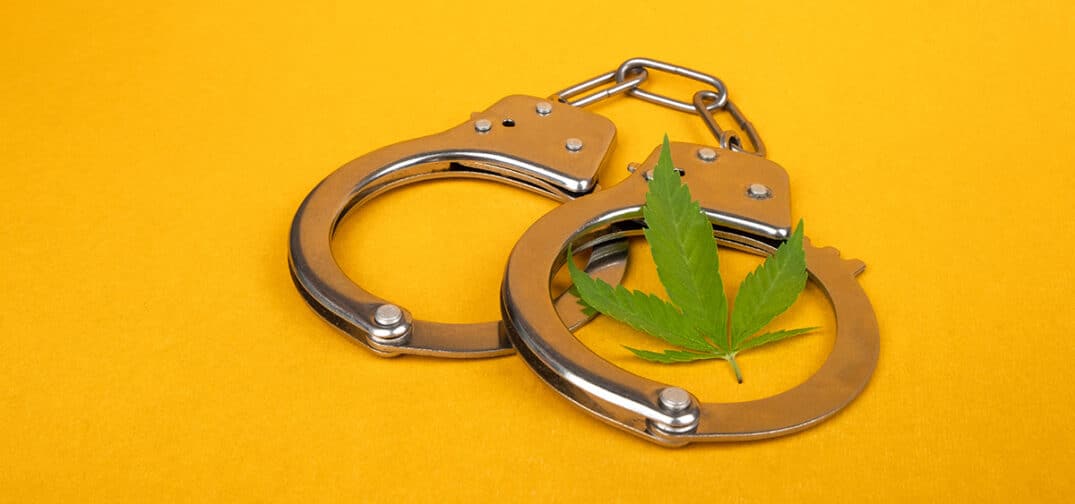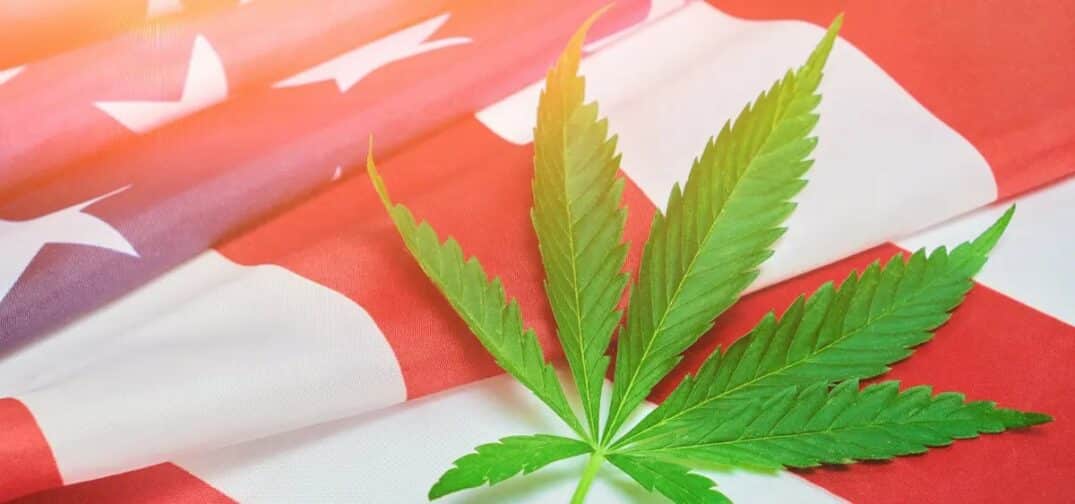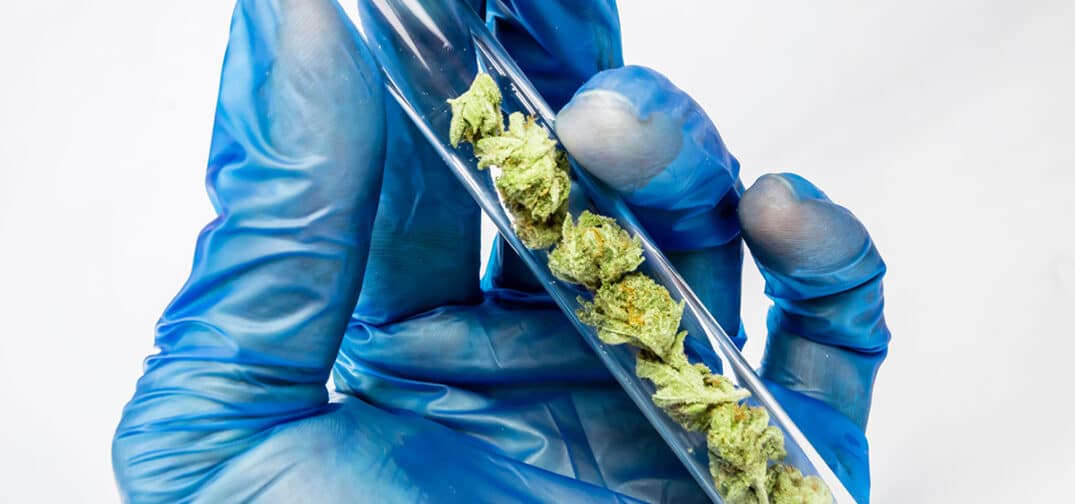The Missouri Department of Health and Senior Services (HSS) has requested nearly $900,000 to enforce Gov. Mike Parson’s (R) ban on intoxicating hemp products, according to the agency’s annual budget book. Parson signed the executive order banning the products in August but in a letter to the governor an attorney for HSS said the agency would not enforce large portions of the ban, rather focus on “the identification of ‘misbranded’ products.”
Secretary of State Jay Ashcroft also rejected the executive order, saying that the emergency rules did not meet certain state law criteria and determining that the alcohol division could not legally conduct inspections, which left food inspectors to handle compliance. Ultimately, state officials created a joint task force to enforce the ban.
The funding request by HSS aims to hire two full-time public health environmental specialists at $125,000 each and to contract five more inspectors at $400,000 a piece, with two of the contracted positions funded on a one-time basis “to stand up the program” at $150,000. The agency says the use of contractors is “preferred due to the expected decrease in market availability of this product over time.”
The total request by HSS is $877,000.
The agency estimates that there are 40,000 food establishments and smoke shops and 1,800 food manufacturers that could potentially be affected by the governor’s order, “but the majority of these facilities are at low-risk of requiring investigation.”
In the request, HSS estimates that a staff of seven could conduct between 2,900 to 3,500 site visits annually.
End
